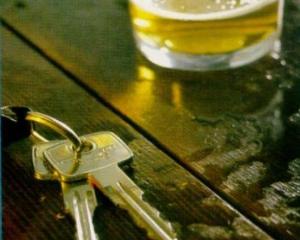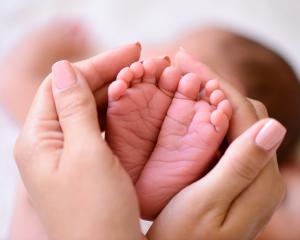So-called fight clubs have been in the news of late, with organised fights between prisoners in Mt Eden prison and, over recent weeks, between girls at an Auckland high school.
Is there some sort of connection? Undoubtedly. Our behaviour is greatly affected by how we feel about ourselves and these fights tell us a lot about those prisoners and those teenage girls.
Like the prisoners, teenagers will tend to act in ways that confirm how they see themselves. They will continue repeating a behaviour that gets them into trouble over and over again. When asked why they keep doing it you can almost guarantee the answer will be, ''I don't know''. But somewhere in their minds they'll be saying, ''See, I've done it again; that's the sort of person I am.''
The ability to learn is also affected by how youngsters feel about themselves.
Poor self-esteem leads them to feel inadequate. They will often talk themselves out of being able to tackle a problem and will block information that can help them, usually by repeating inside their heads, ''I can't do that''.
Disruptive behaviour can act as a smokescreen, as a way to avoid trying something and perhaps making a mistake.
Children with high self-esteem seem to get on better with others and are less dependent on others for recognition and motivation. They tend to be less thin-skinned and affected by the verbal rough and tumble of their peers. They're more confident and their successes reinforce their positive feelings about themselves.
Bullies are a good example of people who don't feel good about themselves and are very dependent on others for recognition and validation. That's what we are seeing among the prisoners and the girls.
There will also be those who will be easily manipulated by the stronger personalities of the bully or leader. There can be a ''we're all bad together'' sense of belonging that criminal and peer groups can give those with low self-esteem.
Often only a narrow range of emotions is expressed repeatedly and predictably: couldn't care less, sulking, toughness, screaming, swearing and fighting. Always, there will be excuses and the blaming of others or outside events.
Even if positive input is made, they won't want to hear it because it doesn't match what they ''know'' about themselves.
It's no easy task breaking through and turning around someone with these views of themselves.
Ethnic background without a strong sense of one's culture is another recognised factor.
Economic and social climate also plays a role.
However, research tends to support the view that it isn't economic or social advantage or disadvantage that ultimately determines how youngsters feel about themselves, it's how the family operates and it's values and expectations.












